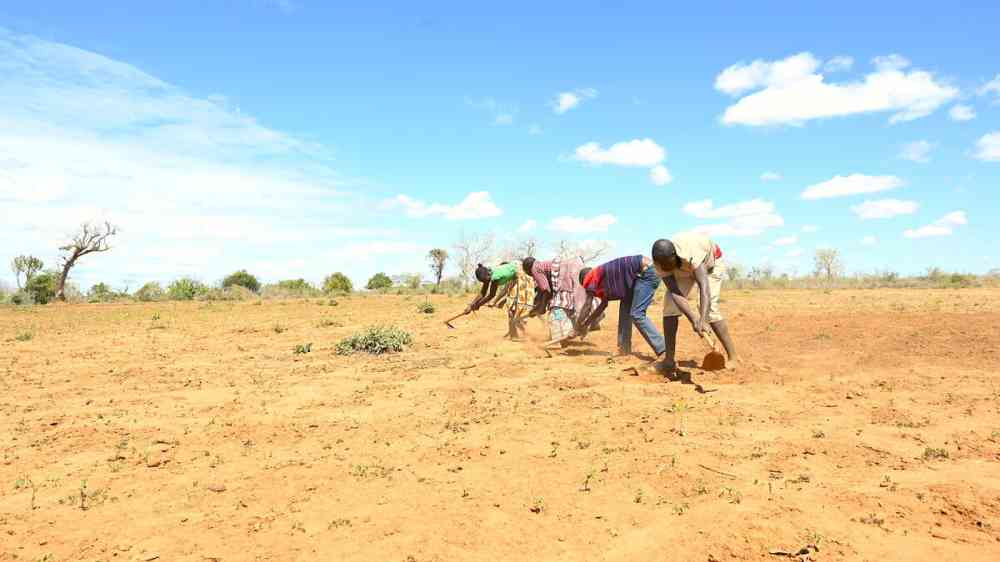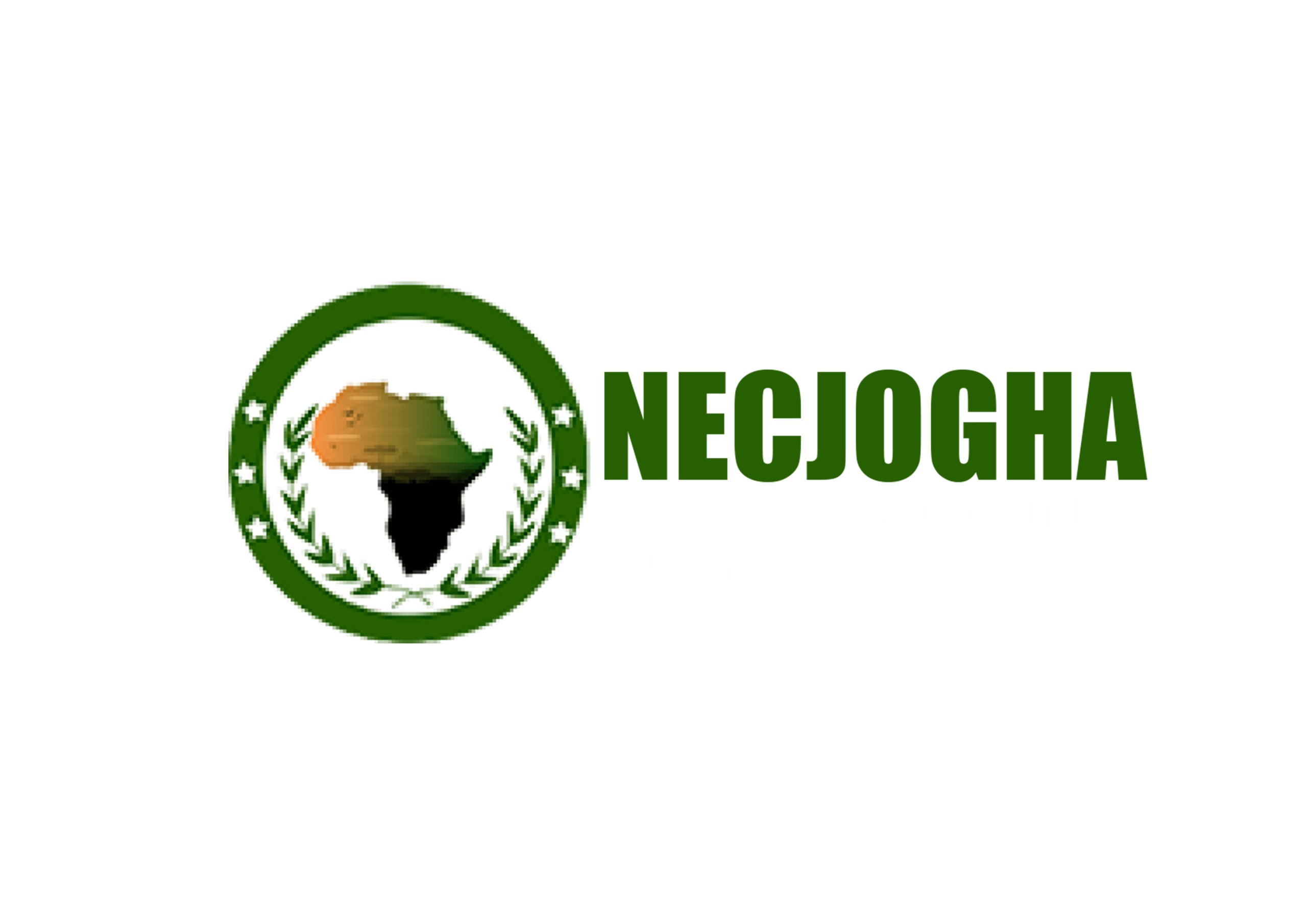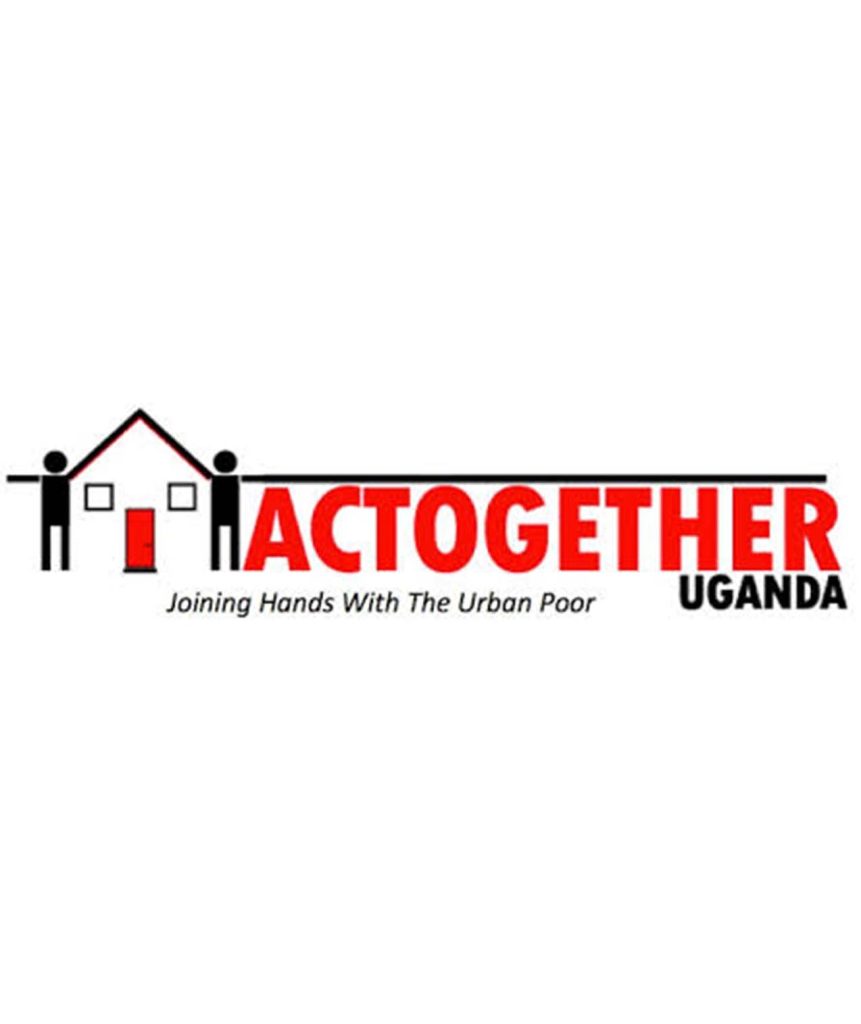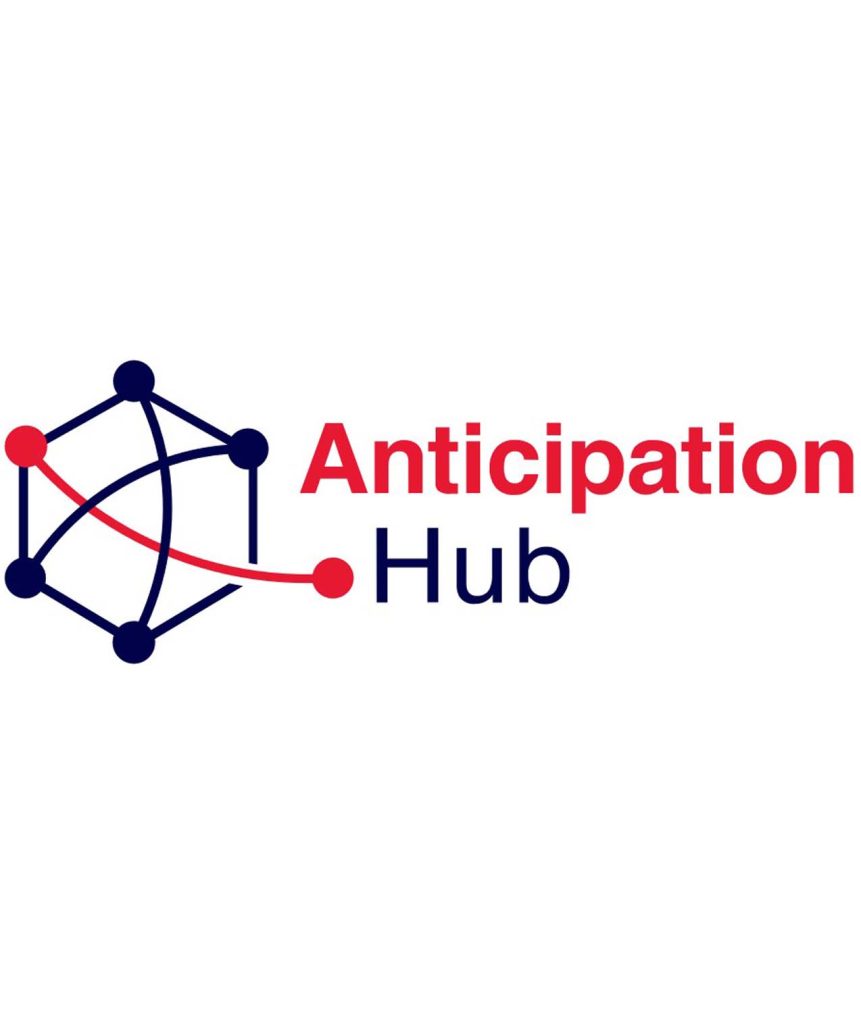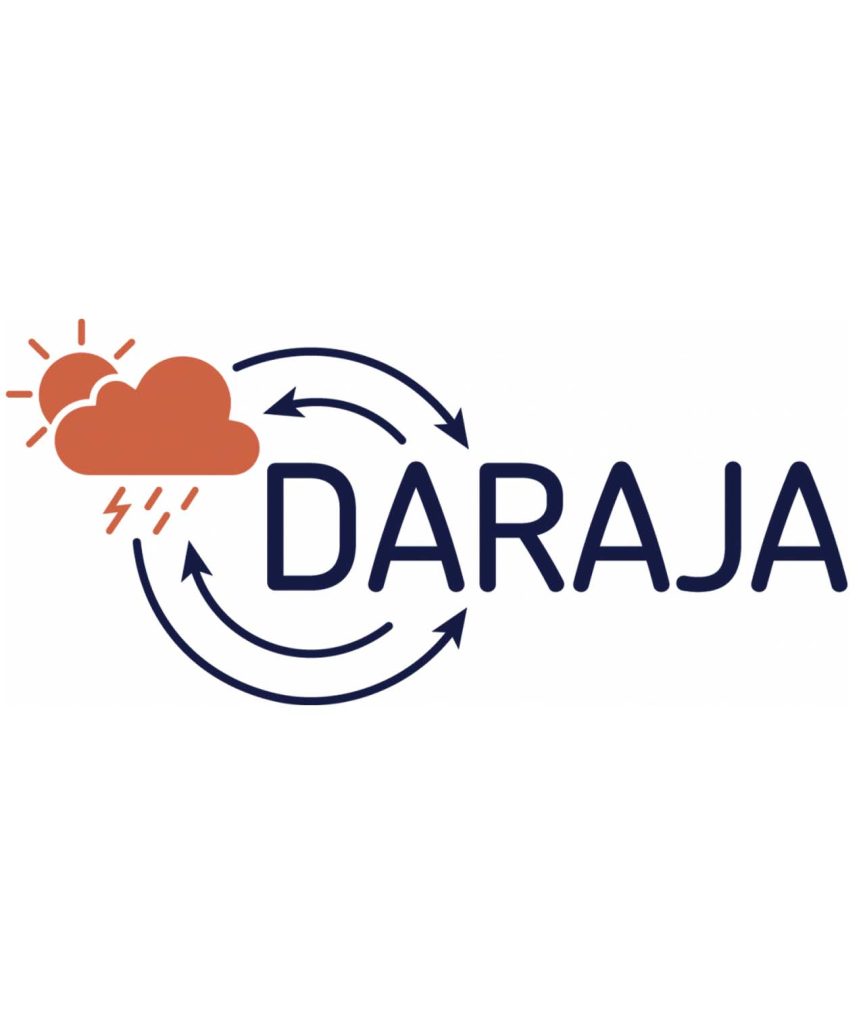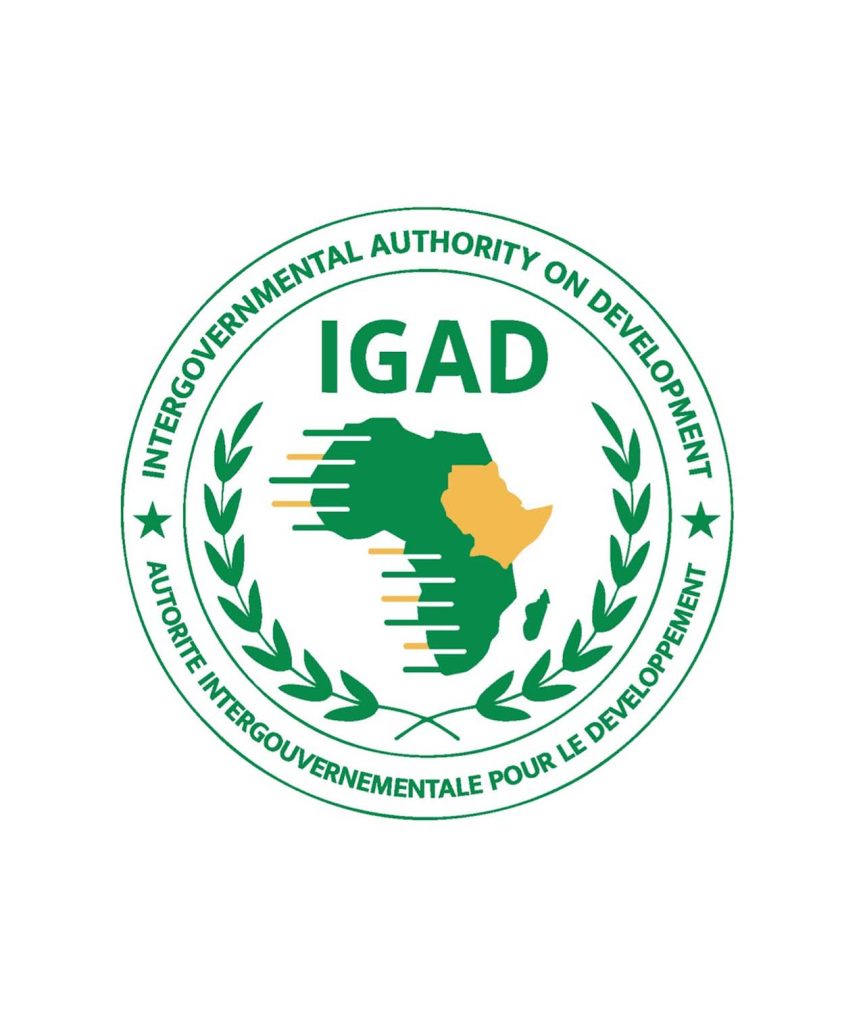Author(s) Edgar S. Martinez
A VisionFund field officer conducts financial training for the Imbereheza Gatobotobo savings group in Rwanda. Financial education is a crucial component of VisionFund’s financial inclusion efforts.
Extreme weather events are no longer future threats – they are one of the defining crises of our time. When hazards like deadly storms and droughts hit communities, rural women, who play a key role in food production and economic stability, are disproportionately affected.
In many parts of the world, women — especially those in vulnerable and marginalised communities– are still excluded and denied opportunities to learn, earn, and lead. They face the worst consequences of extreme weather, yet have the fewest resources to respond. Three out of four women in climate-vulnerable regions don’t have access to financial services, making it even harder to recover and rebuild after disaster.
It is a sad fact that the majority of the world’s poor are women. What is even more heartbreaking that their children are now bearing the brunt, with 333 million children globally surviving on less than $2.15 a day. Unless we act now, this cycle of intergenerational poverty could worsen. By 2030, 340 million women and girls are estimated to live in extreme poverty.
The good news: Women are creating resilience
The good news is that women are leading the way in building climate resilience. When women have access to financial services, they strengthen their communities, reinvesting most of their income into their families and local economies, driving resilience from the ground up.
This reminds Mpririrwe, a woman I met in Uganda a few years back. She took her VisionFund loans and built a small business selling second-hand clothes to support her five children. She did not stop there. She expanded into producing fertiliser for farmers, growing mushrooms, making soap, managing livestock, and harvesting trees.
Through her businesses, she sent her children to school and created income opportunities for others in her community. She supplied farmers with organic fertiliser and employed youth to transport her goods to the market.
Mpririrwe’s story demonstrates that when women have access to financial services, they create ripples of change that strengthen entire communities. This becomes even more crucial during extreme weather events, where financial access enables recovery and rebuilding.
Women like Mpririrwe show how loans can become capital to expand businesses or restore damaged farms and businesses after a disaster. Insurance has also proven to be an effective tool in ensuring families’ financial security when disasters strike. Insurance can cover damage to crops, homes, livelihoods, and healthcare, allowing women to focus on rebuilding rather than struggling with financial uncertainty.
Financial education and savings enable women to take control of their financial futures. When women gain financial literacy, they achieve their financial goals and build the confidence to make decisions that benefit their families. With savings, they can plan ahead, create safety nets, and invest in their children’s education, nutritious food, and preparation for future shocks.
The long dry spells have made it impossible for Sidi and other members of the Kinango community in Kenya to practice farming, which is their main source of livelihood. They have vast land, which is of no use to them without the rains. Most of their crops dry before maturity. They also have to walk long distances to find pasture for their livestock.
World Vision
The long dry spells have made it impossible for Sidi and other members of the Kinango community in Kenya to practice farming, which is their main source of livelihood. They have vast land, which is of no use to them without the rains. Most of their crops dry before maturity. They also have to walk long distances to find pasture for their livestock.
Bold, innovative financial inclusion: The way forward
Growing evidence shows that women build stronger financial stability and resilience when they can access financial services during unexpected shocks and emergencies.
At VisionFund, we see firsthand how women drive economic change. That is why 70% of the people we serve are rural women, who have often been excluded from financial systems. We work with them to access loans, savings, and insurance products tailored to their differentiated needs.
As we tackle climate resilience, we must remove the barriers that prevent women from accessing financial services. This means designing gender-responsive financial products, innovating and digitalising financial systems, and ensuring they are accessible to the most remote, climatically vulnerable, underserved communities.
Let us not wait for the next disaster to serve as a stark reminder of the urgency of investing in women’s financial inclusion. When women rise, they lift entire communities and a future where everyone can live the fullness of life is no longer a distant dream.
Edgar S. Martinez is the President and Chief Executive Officer of VisionFund, the financial inclusion arm of World Vision.

